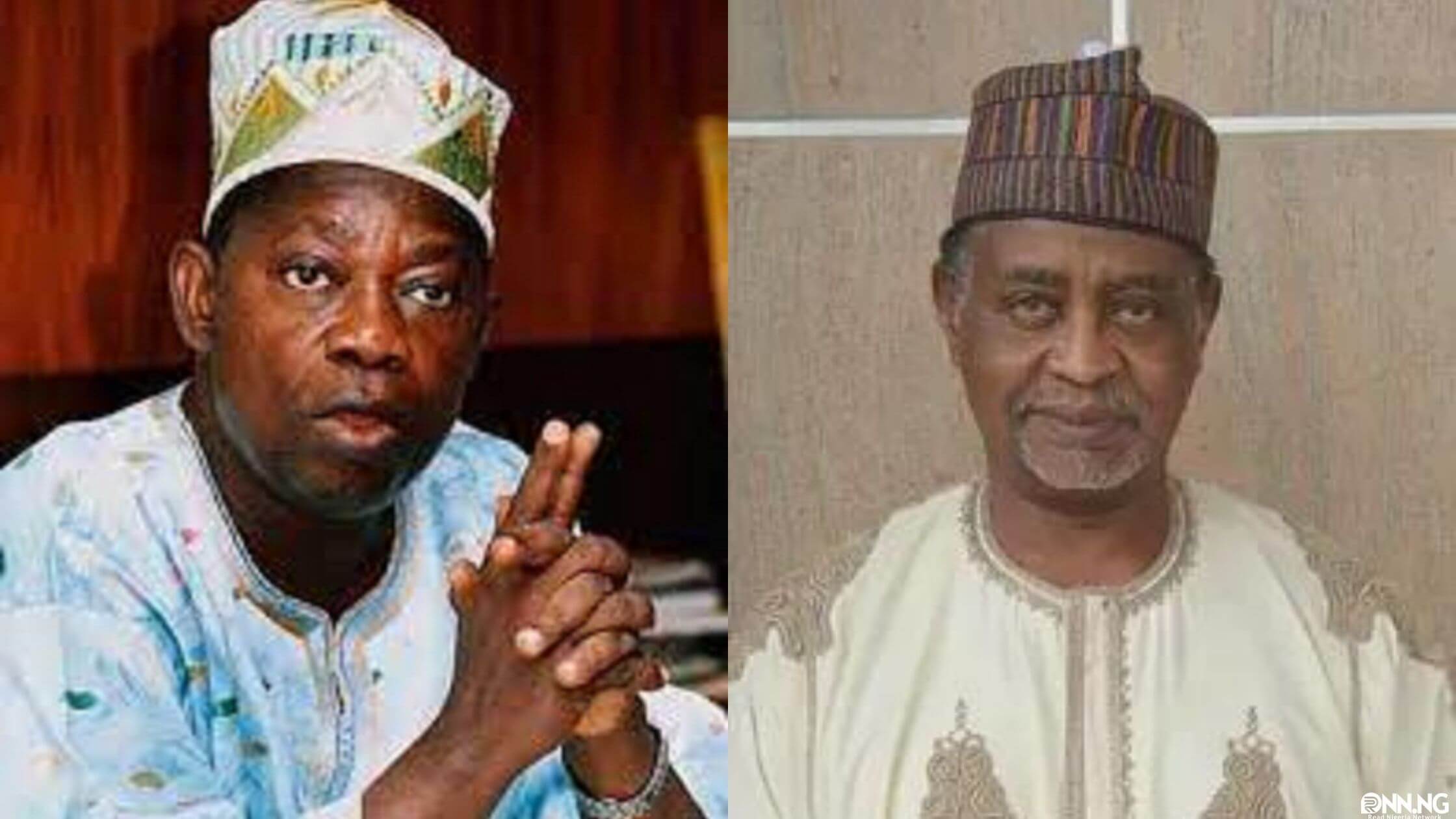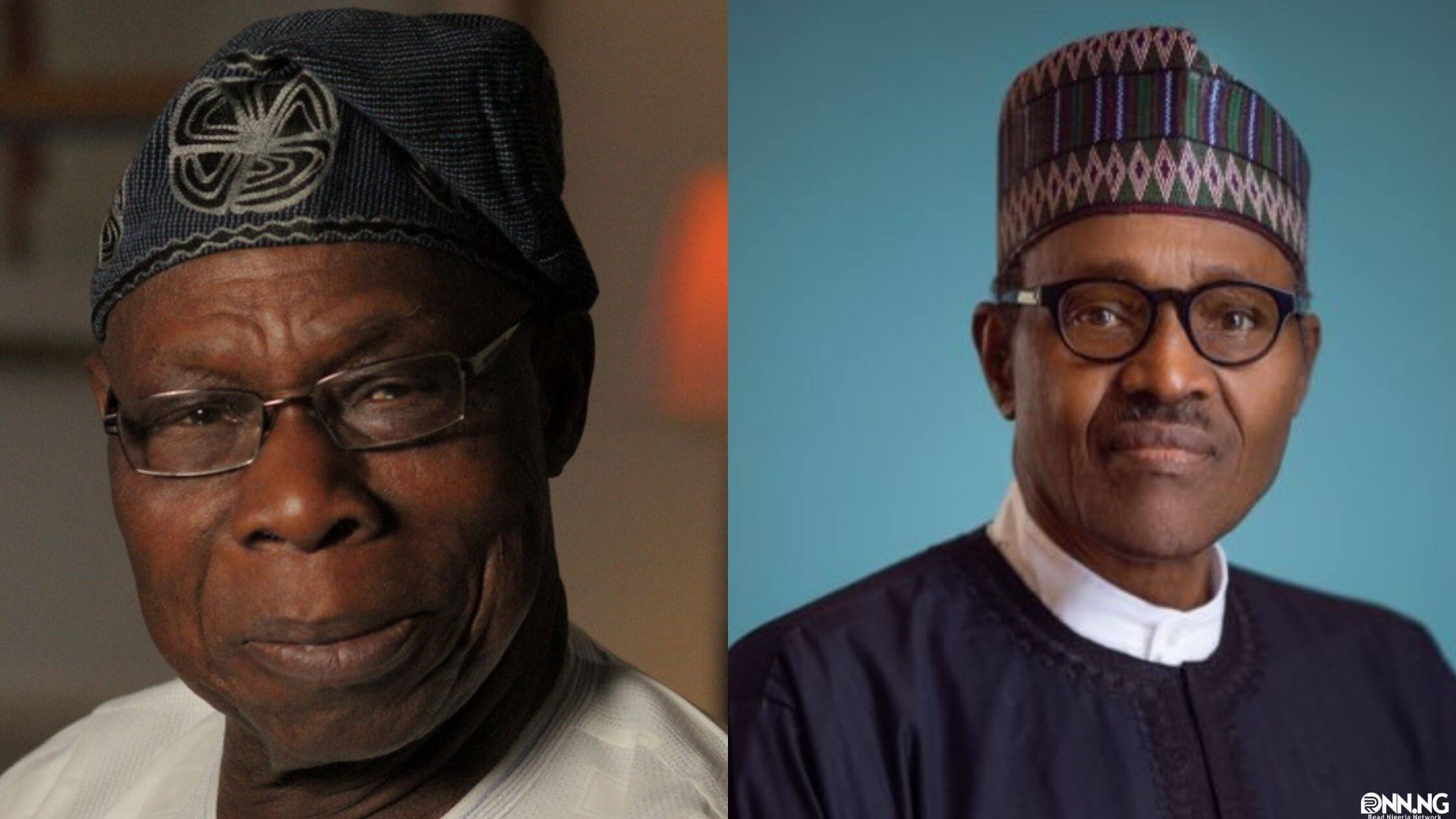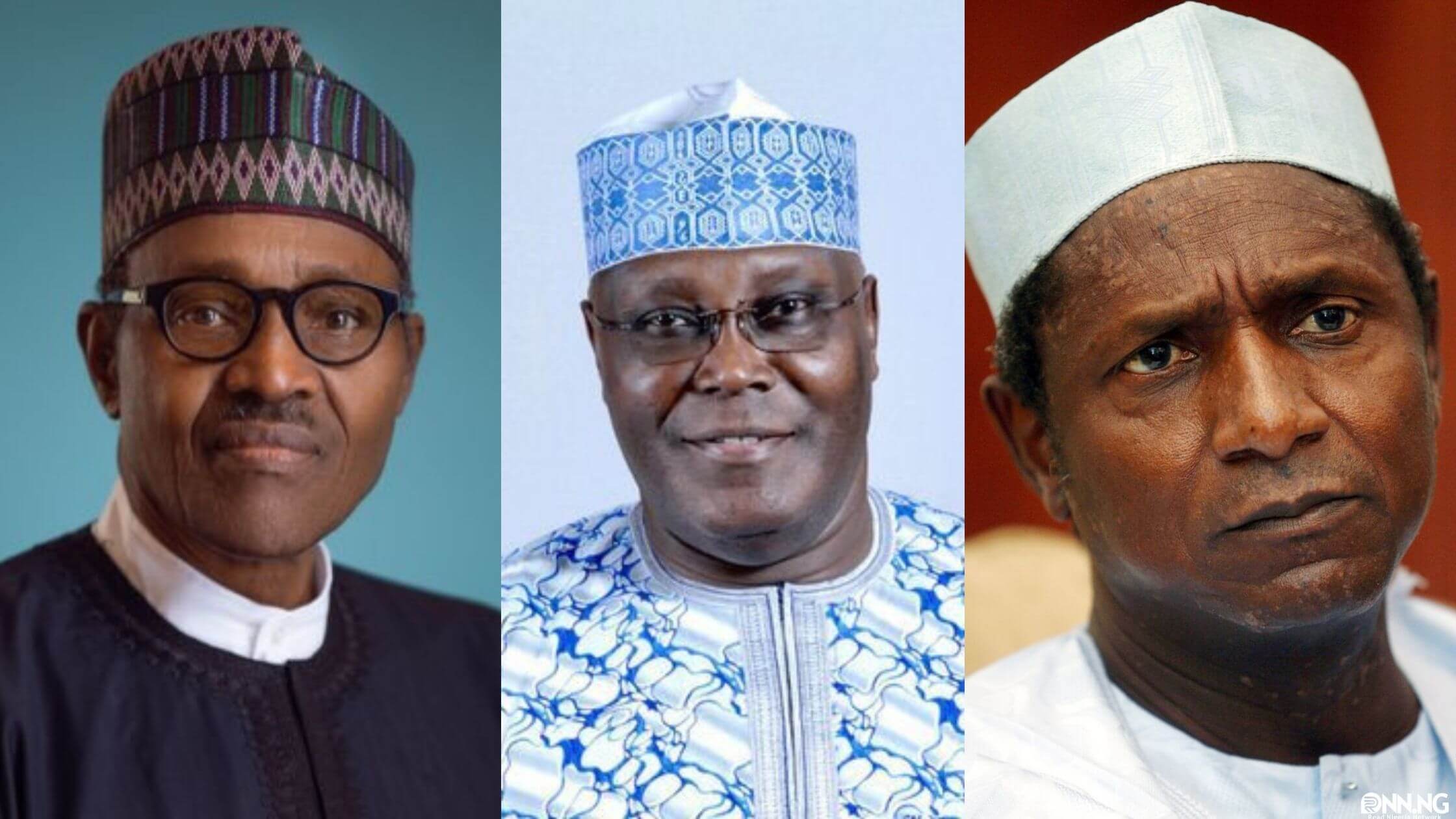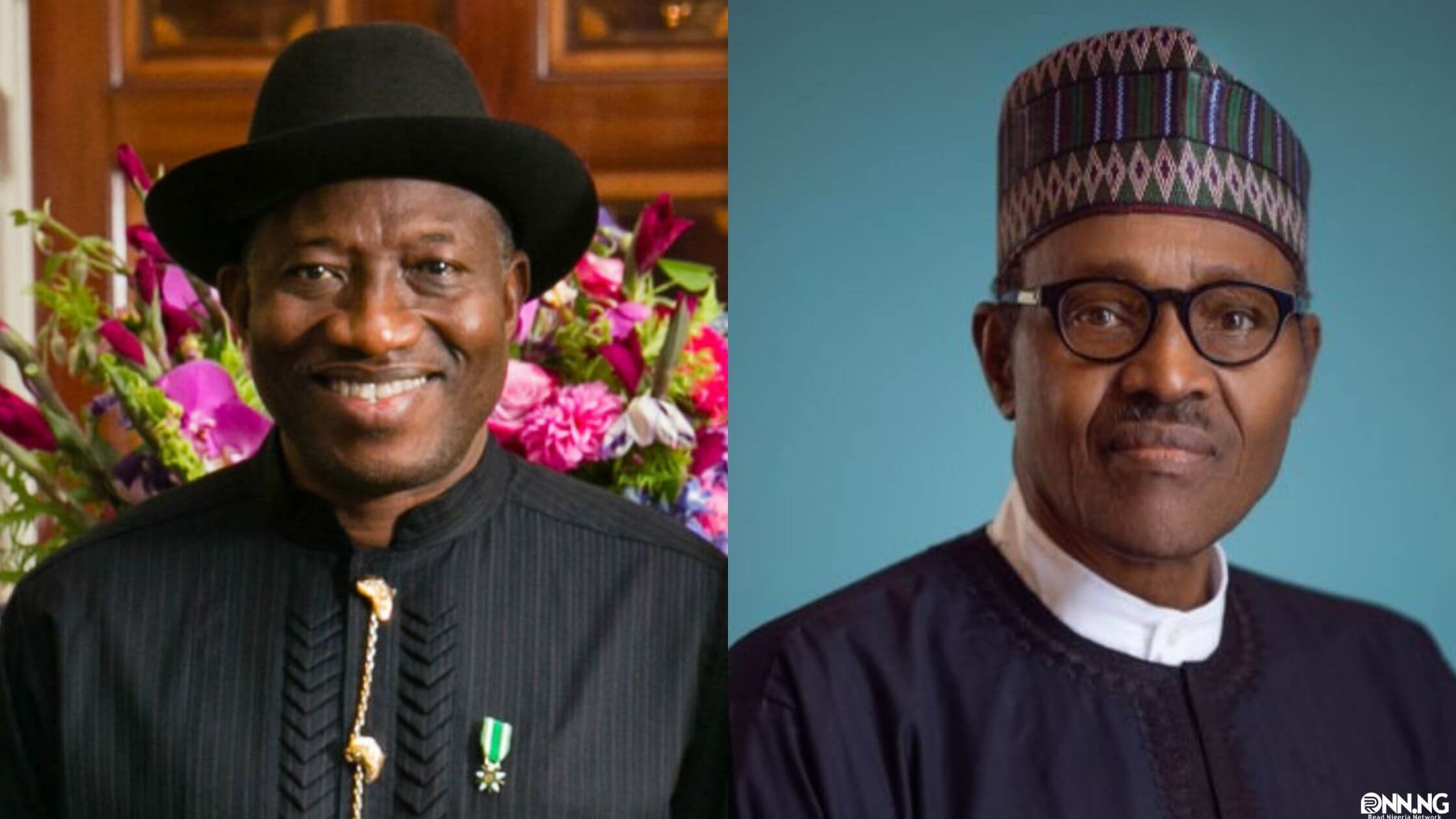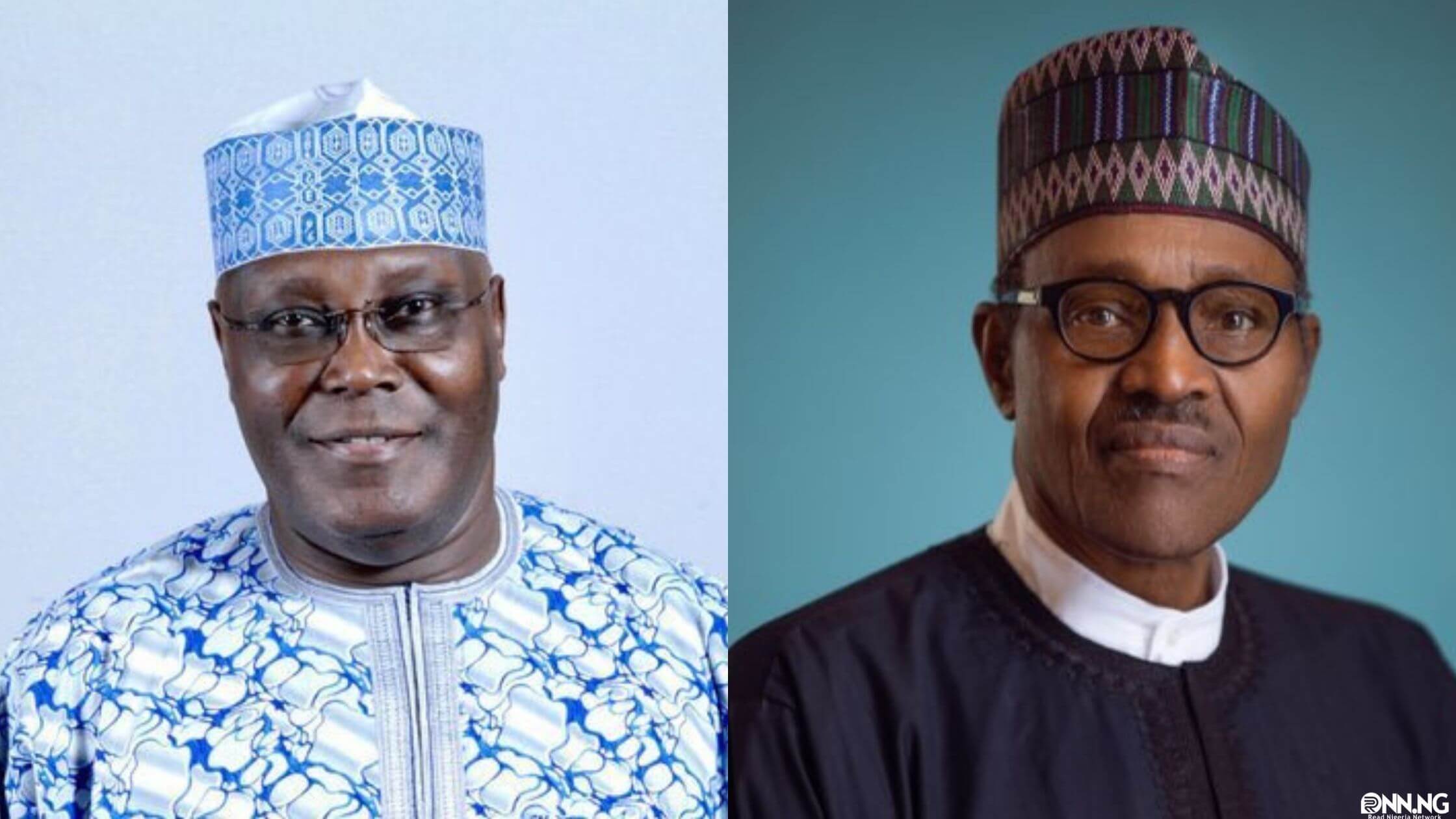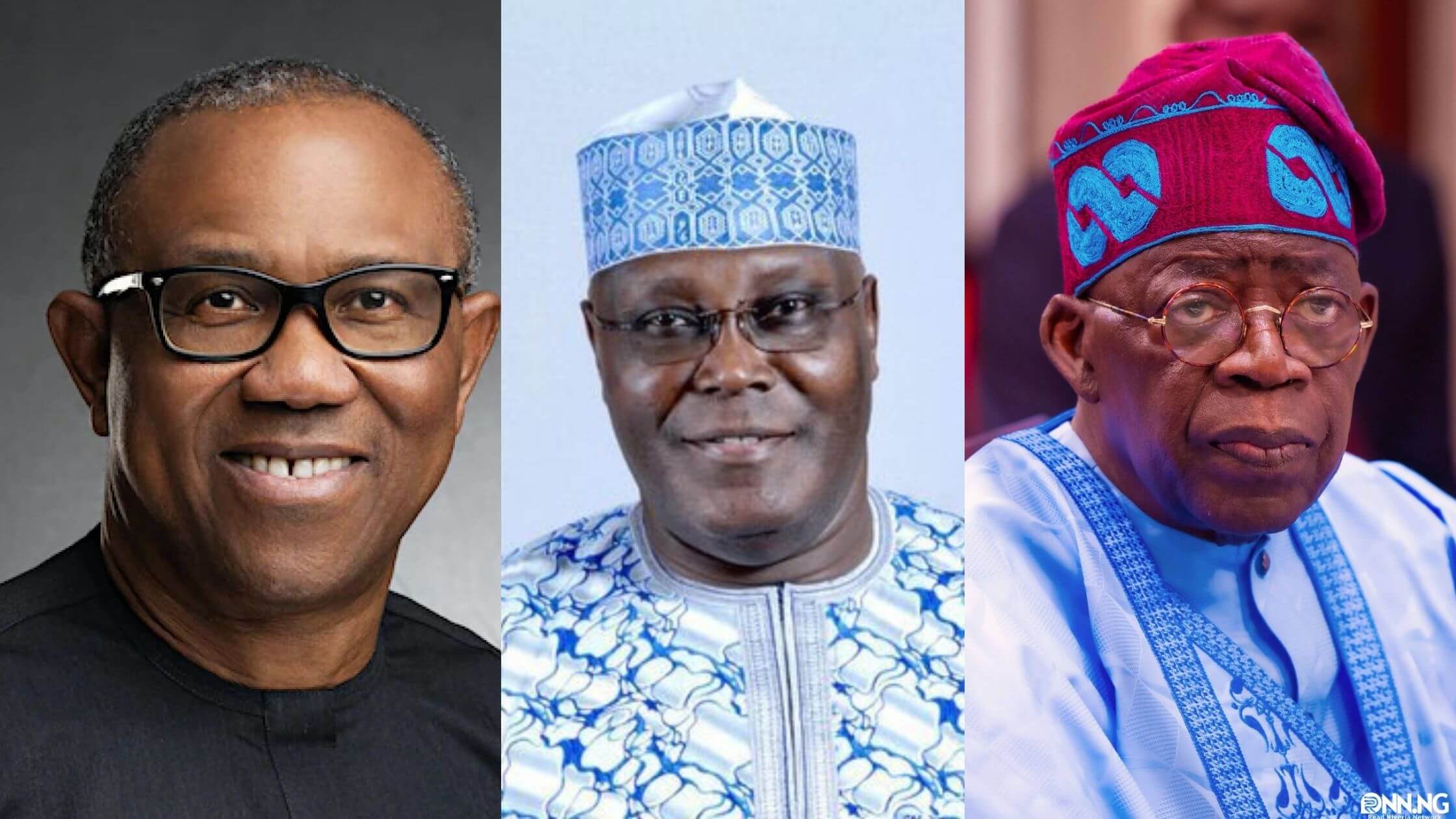Top Lists
Top 8 Timeline of Presidential Tribunal in Nigeria since 1979
The Nigerian presidential election is one that is given so much attention with regard to the people choosing their leaders.
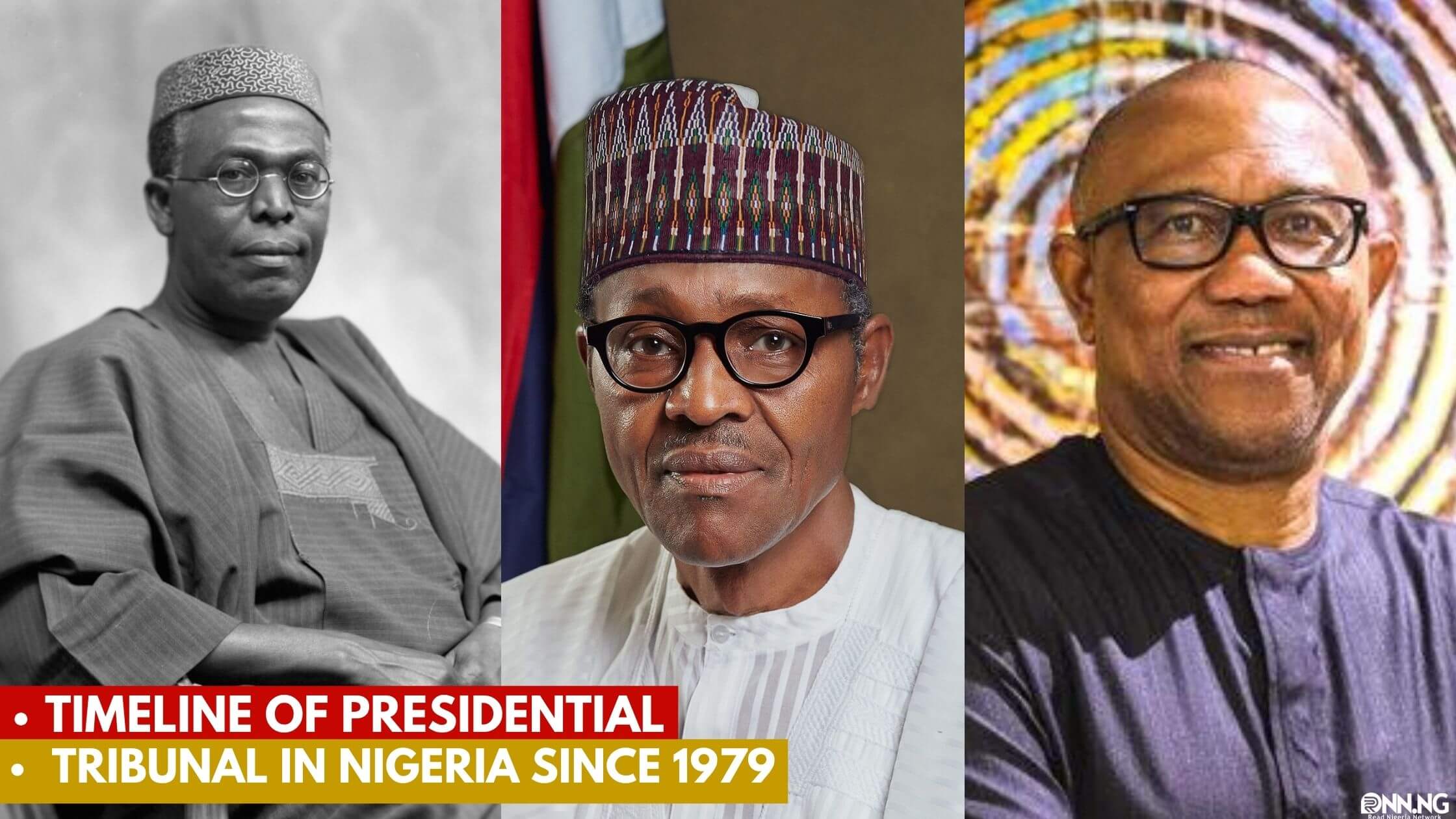
The Nigerian presidential election is one that is given so much attention with regard to the people choosing their leaders. While the landscape of the event during the time of the election is always marred with violence and petitions to contest the result of the elections, the Nigeria Presidential Tribunal however seems like the last stand of opposition parties to seek amendment to the results.
Meanwhile, the Court of Appeal is where petitions challenging the outcome of an election are filed. Additionally, in the subsequent petitions, the country reverted to civilian rule in 1999 and held its first democratic election since the 1993 military takeover. But presidential elections were held in Nigeria for the first time on 11 August 1979, with victory for Shehu Shagari of the National Party of Nigeria while the opposition candidates, Obafemi Awolowo of UPN and Nnamdi Azikiwe of NPP contested the result.
Nigerian presidential tribunal results historically favor the ruling party, consistently ruling in their favor. In contrast to some African nations like Madagascar, Comoros, and Kenya, where election tribunals have altered the political landscape by declaring opposition candidates as winners, Nigeria has not witnessed such a change. The 2023 Presidential Tribunal, which brought Bola Ahmed Tinubu to power as Nigeria’s current President, is not expected to break this trend.
1. 1979: Obafemi Awolowo and Nnamdi Azikiwe vs Shehu Shagari
This was the first presidential election held in Nigeria since its independence from Britain. This independence birthed civil war and many coups by Military governments who saw an opportunity to seize power for themselves, leaving the country vulnerable.
On August 11, 1979, Nigeria held its first election with Shehu Shagari (NPN), Obafemi Awolowo (UPN), and Nnamdi Azikiwe (NPP) as candidates. Shagari won with 33.77% of the total votes. Awolowo, who got 29.18%, contested the result, arguing that Shagari didn’t meet the required 2/3 majority in 13 states. Shagari won 12.66 states, plus 19.9% in Kano State, just 0.66% short. The Supreme Court however ruled in Shagari’s favor.
2. 1993: Moshood Abiola vs. Bashir Tofa
The 12 June 1993 presidential elections that were held in Nigeria are considered the freest of all the elections in the history of the country. However, the election was not without its controversies. The election was the first since the military coup in 1983 which ousted Shehu Shagari who the election that year.
The military ruler, Ibrahim Badamasi Babangida annulled the election citing election irregularity in what is popularly known as a move by IBB to remain in power as the head of state. Although the election did not go to the tribunal, according to the record it is believed that Moshood Abiola won the election and seems like a threat to the military government because of his ideology as he is not in close ties to the military, making him not a suitable candidate for the then military government.
Abiola of the Social Democratic Party won the election with 8,341,309 (58.36%) of the total 14,293,396 beating his opponent Bashir Tofa who had almost 6 million votes. The event that ensued after the annulment is one of the worst in the country’s history, almost plunging the nation into chaos with IBB stepping down and the interim who was choosing to lead the country being toppled by Sani Abacha who saw a power vacant.
3. 1999: Falae vs Obasanjo
Nigeria’s first presidential election of the Fourth Republic took place on February 27, 1999. Olusegun Obasanjo, representing the People’s Democratic Party, won, defeating Olu Falae, who ran jointly with the Alliance for Democracy and the All People’s Party.
However, Falae contested the results, taking the case to the Abuja Court of Appeal. On April 19, 1999, Justice Dahiru Musdapher ruled against Falae, stating that the petition lacked merit and should be dismissed.
4. 2003: Buhari vs Obasanjo
After the country returned to democracy in 1999, Obasanjo who became the president saw major reforms of the military in a bid to avert future coup attempts. He sought re-election in 2003 to remain in power after his first tenure as president.
The election was a landslide victory for the incumbent president, Olusegun Obasanjo who won the election defeating his closest rival Muhammadu Buhari with 24,456,140 votes making 61.94% of the total 39,480,489 votes. General Muhammadu Buhari, the All Nigeria Peoples Party’s presidential candidate, challenged President Olusegun Obasanjo’s 2003 re-election in court.
He claimed Obasanjo’s win was unconstitutional due to alleged corruption, failure to follow the Electoral Act of 2002, and his ineligibility to run. The Presidential Election Petition Tribunal in Abuja rejected Buhari’s case. He then appealed to the Supreme Court, which upheld the Tribunal’s decision, confirming Obasanjo’s victory.
5. 2007: Buhari and Atiku vs Yar’Adua
In 2007 Nigeria held another general election to elect the president and other members of the National Assembly. The election which took place on 21st April 2007 between Buhari of the ANPP, Atiku of the ACN, and Yar’Adua of the PDP was described as the worst election in history it is marred with “rampant vote rigging, violence, theft of ballot boxes and intimidation.
However, the election saw the PDP party remain in power for another four years. Umaru Musa Yar’Adua who was the flag bearer of the party won with 24,638,063 votes out of the total 35,397,517 votes which amount to over 60%. Atiku and Buhari challenged the election in court, but the Supreme Court upheld Yar’Adua’s win making it one of the times a court ruled in favor of the ruling party.
6. 2011: Jonathan vs Buhari
On the 16th of April 2011, another general election was held in Nigeria after the death of Yar’Adua. Goodluck Jonathan who had served as the president as the interim president after the death of his former boss contested and won in what was considered one of the fairest elections, at least better than the previous years.
Buhari, representing the Congress for Progressive Change who was a major contender for the position took the case to Tribunal as tried to challenge President Goodluck Jonathan’s win. However, the Supreme Court, consisting of seven judges, upheld Jonathan’s victory.
7. 2019: Atiku vs Buhari
In the 2019 presidential election, Atiku Abubakar of the Peoples Democratic Party challenged the incumbent, President Muhammadu Buhari of the All Progressives Congress. Buhari won, and on September 11, 2019, the Court of Appeal confirmed his victory with no legal challenges. Then, on October 30, 2019, the Supreme Court unanimously dismissed Atiku’s case as lacking merit.
8. 2023: Obi and Atiku vs Tinubu
In recent times, the most anticipated general election took place on the 25th of February 2023 in a bid for the country to choose its next leader. The election which saw the top three contenders, Bola Ahmed Tinubu of the APC, Atiku Abubakar of the PDP, and Peter Obi of the Labour Party was said by many to be one of the freest elections in recent times. Meanwhile, Tinubu of the All Progressive Congress party defeated his opponent with a popular vote amounting to 8,794,726 with 36.61% while Atiku came second with 6,984,520 (29.07%) and Obi, third, with 6,101,533 (25.40%).
Atiku Abubakar from the People’s Democratic Party and Peter Obi from the Labour Party contested Bola Ahmed Tinubu’s victory in the presidential election, alleging it was the worst since 1999. They disputed the results and filed petitions to the tribunal. However, the tribunal ruled in favor of the ruling party, dismissing the petition as lacking merit. Obi and Atiku have nonetheless vowed to appeal to the Supreme Court, which has the final say.


